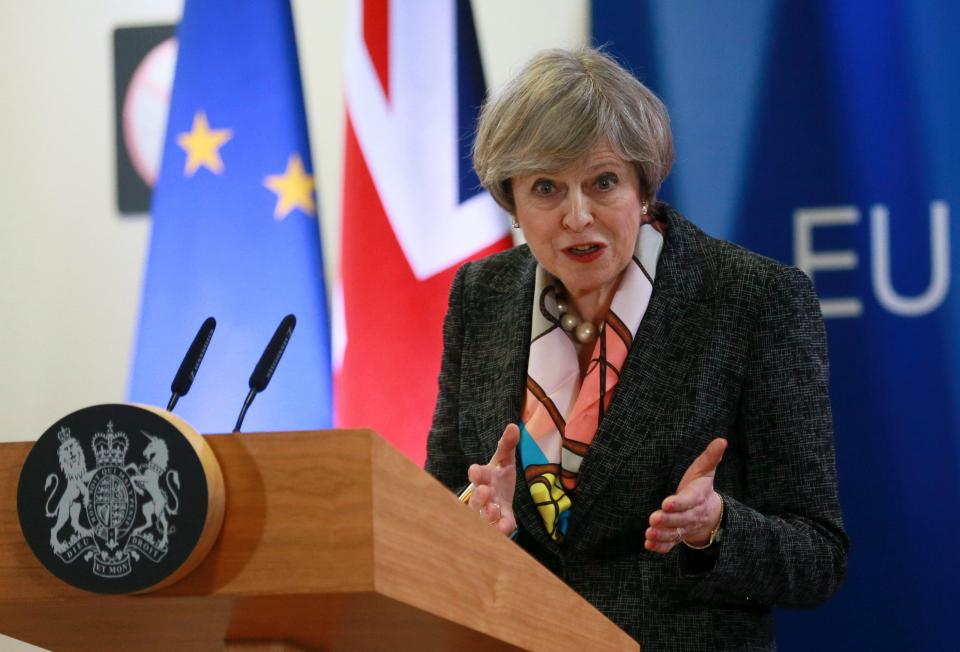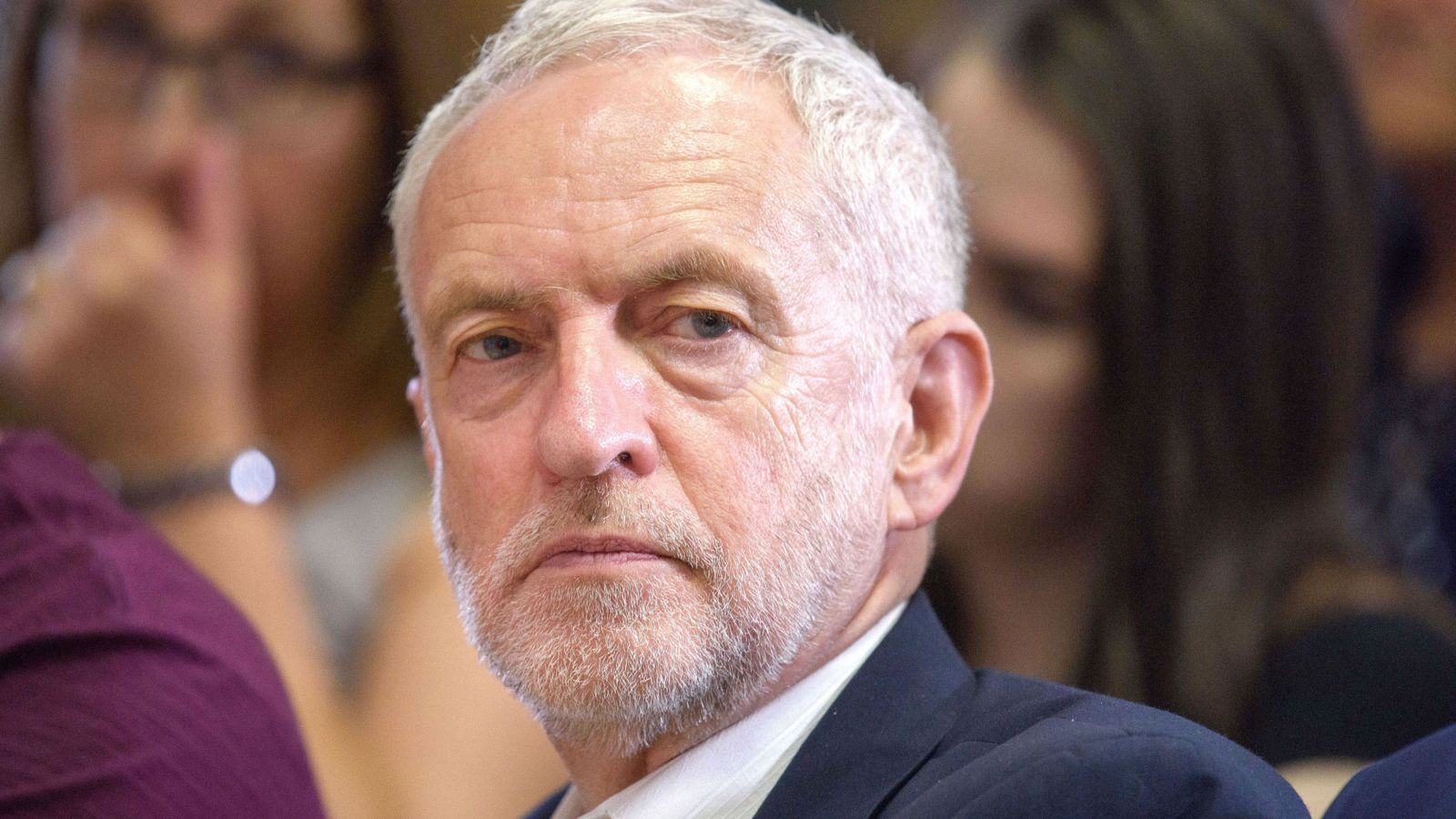In many ways, the demand for a second in/out referendum on the UK’s EU membership seems to be gaining momentum. For all that we have been told ever since that fateful June day when the result was announced that the issue was a done deal, there are some signs the tide may be turning. A petition to hold another Brexit vote has reached 600,000 signatures. There seems to be an endless supply of polls suggesting large numbers of voters have lost faith in the Brexit process, and would back another referendum. If that isn’t enough for you, even Nigel Farage has expressed support for the idea.
And yet, for all the hype, it is still hard to see that second vote taking place, especially while the Conservatives are in power. Only a liberal minority of the party’s MPs would back such a move, while a far greater number of Tory parliamentarians would be enraged by it. At a time when Theresa May’s majority is wafer-thin, she can ill afford such discontent in her party.
Similarly, most of the party’s voters backed the Leave campaign two years ago, with the majority of whom showing no sign of changing their minds on the issue. Any feeling that the party is giving in to the demands of Remain supporters could lead these voters to leave the Conservatives in favour of right-leaning alternatives such as UKIP.
 Prime minister Theresa May, who is unlikely to give in to demands for another referendum (Source: The Commentator)
Prime minister Theresa May, who is unlikely to give in to demands for another referendum (Source: The Commentator)
All this makes it difficult to see how another referendum would be in Theresa May’s best interests. Remainers may argue she would benefit from giving voters the chance to avert Brexit and the potential negative economic effects for the country it holds, but she cannot think so long-term; even announcing a referendum would almost certainly spell the end for her political career. Put another way, May and her party can cross the potential bridge of the fallout from Brexit when they come to it
A more plausible opportunity for another referendum may come from the Labour Party. It is important to remember that the party leadership is currently does not currently support such a move, instead arguing that the will of the people expressed in 2016 should be respected. However, there does appear to be a strong groundswell of opinion in the mostly-Remain supporting party that staying in the EU would be the best course of action for the country.
Crucially, many such Remainers can be found in the left wing of the party, which for the last few years has been dominant in Labour. For these party members, Brexit is perhaps the one issue on which they significantly disagree with Labour leader Jeremy Corbyn and his allies. There is already talk of members trying to get a second referendum voted in as official policy at the party’s conference later this year.
 Labour leader Jeremy Corbyn is under pressure from members of his party to change his Brexit policy (Source: Sky News)
Labour leader Jeremy Corbyn is under pressure from members of his party to change his Brexit policy (Source: Sky News)
It is important to remember, though, that Labour are not imminently close to power. Considering the UK is slated to leave the EU by March 2019, they would probably have to have won power before this time, either through May calling a snap election (she would certainly be more wary in doing so than she was last time) or though a vote of no confidence against the prime minister. Either is possible, but the chances of one happening before Brexit takes place, along with Labour’s official stance on the issue changing so substantially, appear slim at best.
With this in mind does seem unlikely that we will get a ‘final say’ before the UK leaves the EU. Then again, it seemed unlikely that Brexit would happen in the first place, but look where we have ended up.


